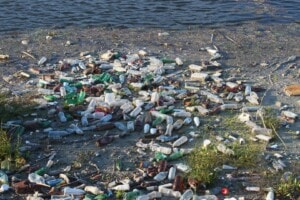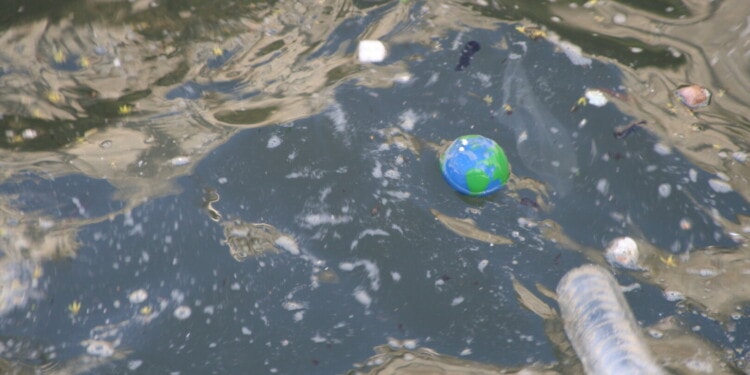The Environmental Integrity Project (EIP) published a report that found alarming results of water quality tests in all 50 states across the U.S. About half of the nation’s lakes and rivers are too polluted for swimming, fishing or drinking.
The Clean Water Act requires states to submit periodic reports on the condition of their rivers, streams, lakes, and estuaries to the U.S. Environmental Protection Agency. The Act directed more than $1 trillion in investments into wastewater treatment plants and drove substantial improvements in water quality, especially in its first three decades.
However, based on the latest report, about half of the river and stream miles and lake acres that have been studied across the U.S. are so polluted they are classified as “impaired.” That means they are too polluted to meet standards for swimming and recreation, aquatic life, fish consumption, or as drinking water sources. More than 700,000 miles of waterways, about 51 percent of assessed river and stream miles, are impaired by pollution.

EIP argues all of this data still does not provide the full extent of the nation’s water pollution because all states monitor their waterways differently — with no universal guidelines provided by the EPA.
The report argues that the true extent of the nation’s water pollution is unknown because few states monitor all their waterways. Due to limited funding and budget cuts, many state environmental agencies do not have the staff to test all their waters within mandated time periods.
The Clean Water Act “has not achieved what it promised,” according to EIP. It outlined multiple ways the EPA could strengthen enforcement and modernise pollution solutions.
“The Clean Water Act should be celebrated on its 50th birthday for making America’s waterways significantly cleaner,” EIP Executive Director Eric Schaeffer said in a press release announcing the report. “However, we need more funding, stronger enforcement, and better control of farm runoff to clean up waters that are still polluted after half a century. Let’s give EPA and states the tools they need to finish the job – we owe that much to our children and to future generations.”
The report proposes several solutions that range from making sure that the EPA and other agencies carry out their duties under the existing law to strengthening the act with new legislation to control runoff pollution.
“Congress should strengthen the Clean Water Act by closing its loophole for agricultural runoff and other “nonpoint” sources of pollution, which are by far the largest sources of impairments in waterways across the U.S. Factory-style animal production has become an industry with a massive waste disposal problem and should be regulated like other large industries”, the report states.
The Environmental Protection Agency urgently needs to update water assessment regulations and allocate more funding for staff and resources in order to drastically improve the water quality nationwide.
Editor’s Note: The opinions expressed here by Impakter.com columnists are their own, not those of Impakter.com. In the Featured Photo: Polluted water in Hudson Park, New York City. Featured Photo Credit: Flickr.com













